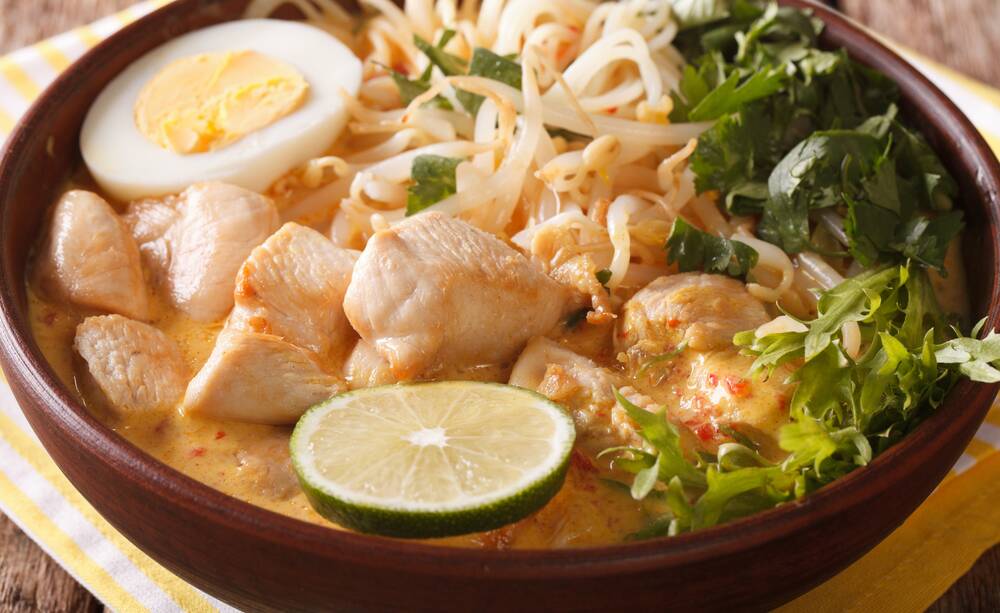
Think those chicken breasts are just about done? Do those steaks look well seared? Checking the temperature may save you from an uncomfortable night on the loo, or worse.
Subscribe now for unlimited access.
or signup to continue reading
As the nation marks Food Safety Week (November 12-19), The Food Safety Information Council is urging Australians to make sure their meats are cooked to the right temperature.
When cooking dinner, it's tempting to trust our instincts, but there's one simple way to reduce the risk of food poisoning - buy and use a meat thermometer to check your cooking temperatures are safe.
Food Safety Information Council chair, Cathy Moir said a recent consumer survey found only 29 per cent of Australian households owned a meat thermometer. Even more alarmingly, only 14 per cent of those households had used their thermometers in the past month.
She said a recent study by Food Standards Australia New Zealand and the Australian National University found an estimated 4.67 million cases of food poisoning occurred in Australia each year. For some, the consequences can be much more serious than an upset tummy - the study found an average of 47,900 of these cases resulted in hospitalisations, and 38 in deaths.
"Poorly cooked meat and poultry can be a major contributor to these statistics," Ms Moir said.
"You can't tell if your food is cooked safely just by looking at it. We are urging people to get that meat thermometer out of the drawer or purchase one if you don't have one already."
IN OTHER NEWS:
Meat thermometers can be purchased in most supermarkets, BBQ outlets and kitchenware shops.
Ms Moir said the council recommended meats should be cooked to the following temperatures:
- Beef, lamb, kangaroo: In whole cuts like chops, steaks, pieces and roasts, these meats should be cooked to at least 63 degrees (medium rare) and left to rest for three to five minutes.
- Pork: Whole cuts and pieces should be heated to 70 degrees and roasts to between 70 and 75 degrees and left to rest for three to five minutes.
- Sausages: Beef, lamb, kangaroo, or pork that have been made into sausages, hamburgers or mince as well as rolled roasts, liver and other offal should be cooked to at least 75 degrees.
- Poultry: All poultry (whole cuts, roast or mince) should be cooked to at least 75 degrees.
- Egg and egg dishes: Egg dishes, such as quiche can also be a food safety risk and should be cooked to 72 degrees in the centre (or until the white is firm and the yolk thickens).
Ms Moir said it was equally important to remember to clean and sanitise thermometers between uses, to always wash hands before handling food and after handling raw meat and eggs.
"Raw fruit and vegetables such as salad veggies can also be a food poisoning risk so make sure you always wash them under running water before eating," she said.
The Food Safety Information Council is celebrating its 25th anniversary this year. For more information, including other important food safety information, click HERE.

